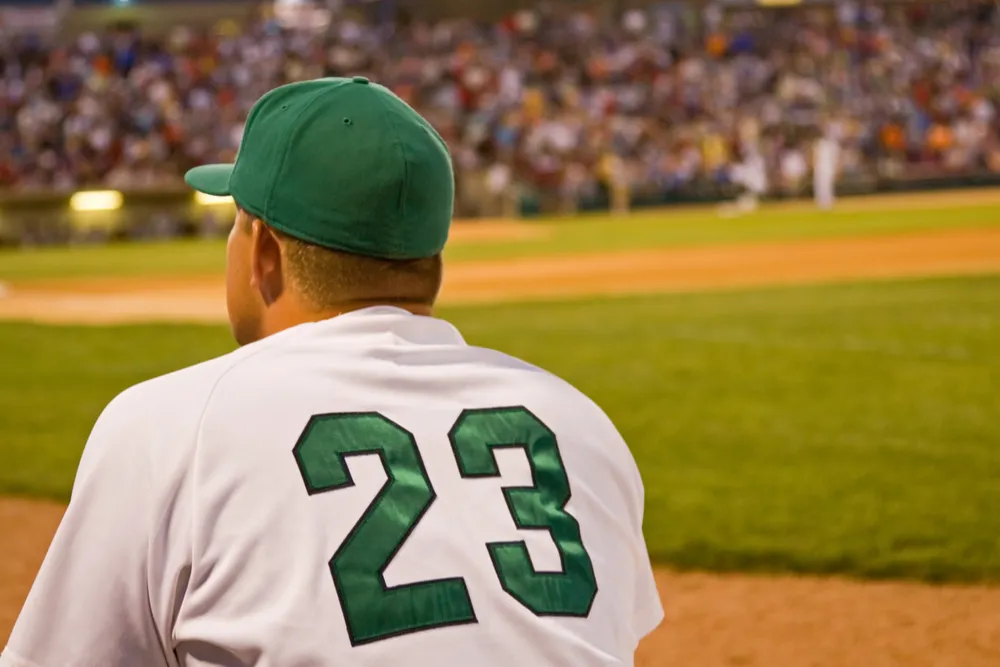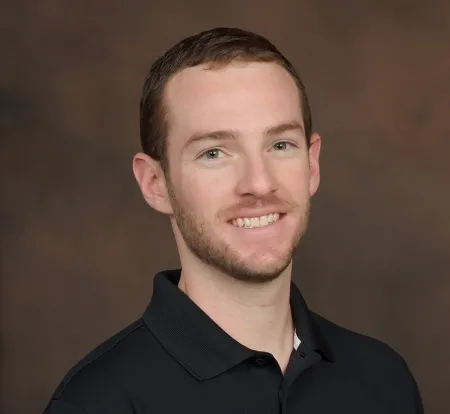Editor’s note: This is the second installment in a 6-part series that will also appear in the spring issue of ICView. Read "Mind Games" to learn how two alumni helped major league teams to World Series titles.
When developing young talent for the Tampa Bay Rays, James Schwabach, MS ’11, relies on his experience and training from IC’s exercise and sport sciences program, as well as his Spanish and psychology degrees from undergrad. He works as a mental skills coordinator for the organization’s Latin American teams, like the Dominican Summer League Rays, a rookie affiliate league based in the Dominican Republic, working with players as young as 16.
Working with such young players means he sometimes needs to sell them on the idea. He has an “elevator speech” ready for when he needs it.
“It’s this idea of building mental strength similar to how you build your ability on the baseball field,” he says. “Just like taking ground balls or batting practice, or building your body’s strength in the weight room. There doesn't need to be a problem for you to get stronger. If you are working with a mental skills coach, it doesn't mean that something is wrong with you. It’s just working on your mental game.”
Some of the players he’s working with have faced hardships in their home countries. For the last three years, political uprisings have forced the Rays to move their entire Venezuelan squad to the Dominican Republic.

